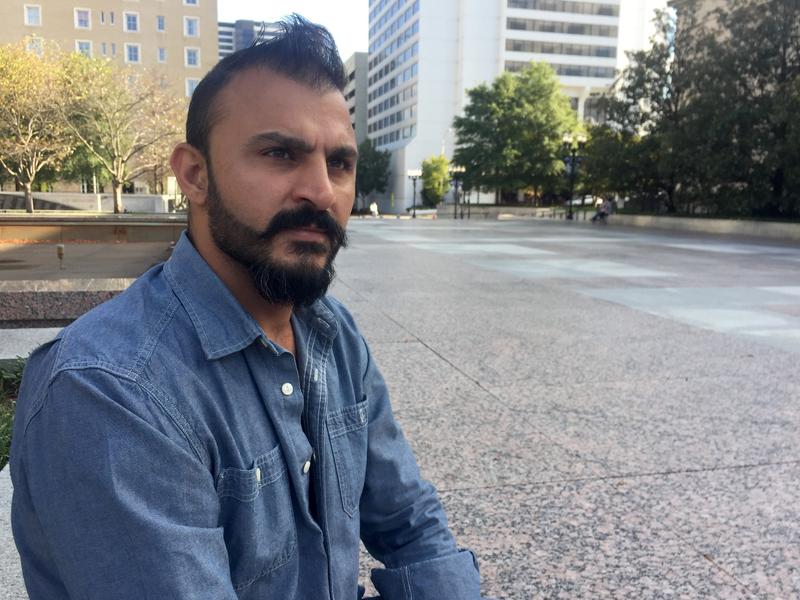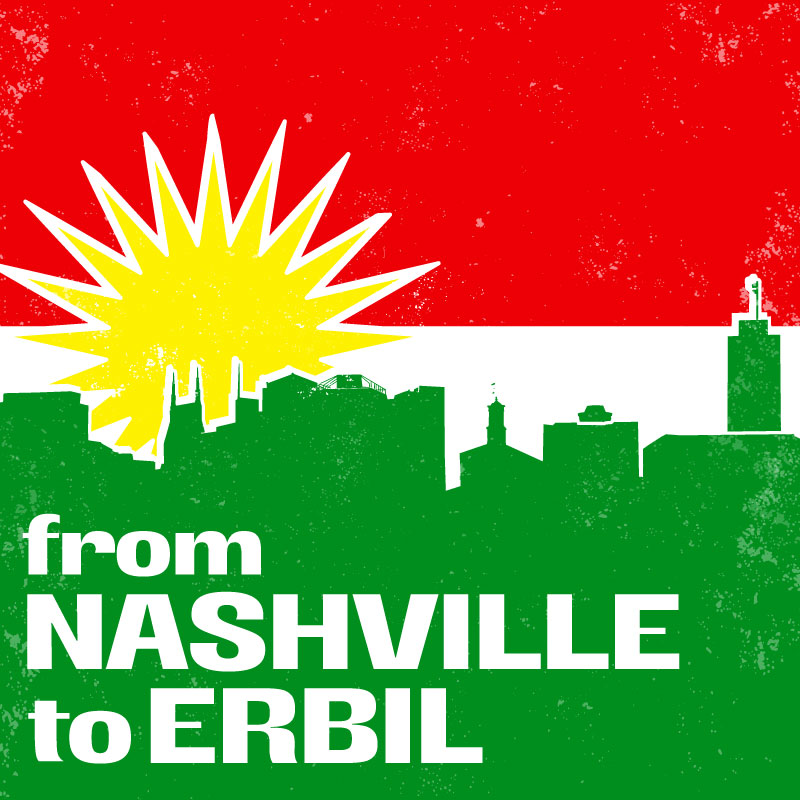
As airstrikes hit Northern Syria and threaten Kurds, the situation is being watched with trepidation in Middle Tennessee. Nashville has long been a settling place for refugees, and is home to the largest Kurdish community in the U.S.
For 38-year-old Dilgesh Abraham, the news is consuming social media and text message threads. And a call with his mother this week left both in tears.
“I’m very depressed inside about this. But I’m not very surprised,” he said. “We were all crying. … Every Kurd that’s from Syria has family there. This is where we were born and raised.”
Abraham grew up in Qamishli on the Turkey-Syria border, about 70 miles from one of the cities reported to be under attack.
He fled in 2006 after spending what he describes as more than a year inside a torturous prison. He says he was arrested during a Syrian government crackdown on Kurdish demonstrations that he helped organize.
“I didn’t leave by choice,” he said. “If I was there, I would be dead right now.”
Abraham has little good to say about Turkish or Syrian treatment of Kurds. And he eventually was able to help move his three siblings to Norway and his parents to Germany — although he’s never been able to reunite.
And his angst carries over to U.S. relations. Like many others, Abraham sees the history as a cycle of America calling for Kurdish help and then abandoning them, most recently after Kurds fought side by side against the Islamic State.
So he’s unwilling to see this moment as merely a Kurdish problem.
“As an American, I think we should respect ourselves,” he said. “American people should stand up, not only Kurdish, but every human being has humanity in them. … Why do you betray [Kurds] like this?”
On that point, he’s not alone. Tennessee’s congressional delegation blasted the White House for allowing Turkey to advance. And Republican Sen. Marsha Blackburn has called for sanctions against Turkey.
“I condemn in the strongest possible terms any U.S. policy that will result in endangerment of the Kurds who have sacrificed so much blood and treasure alongside American forces,” Blackburn said Wednesday. “The Turkish offensive into northern Syria is damaging and in direct opposition to the international rules-based order.”
Other local Kurds have been petitioning their representatives for help.
In Nashville, most Kurds are from Iraq, not Syria. But that distinction hardly matters, says Jeger Ali, who served as a translator for the U.S. military in Iraq.
“Because of the divided land and separation and years of persecution, if one part of Kurdistan is attacked, people feel like their Kurdish brothers have been attacked,” he said.
Ali believes in a Kurdish solidarity, but notes that it is tinged with fear, fatigue and a sense of helplessness.
In the coming days, Kurdish organizations said they will consider a public rally, or a collection drive to aid the newest refugees leaving Syria.
9(mda2nzqwotg1mdeyotc4nzi2mzjmnmzlza001))


